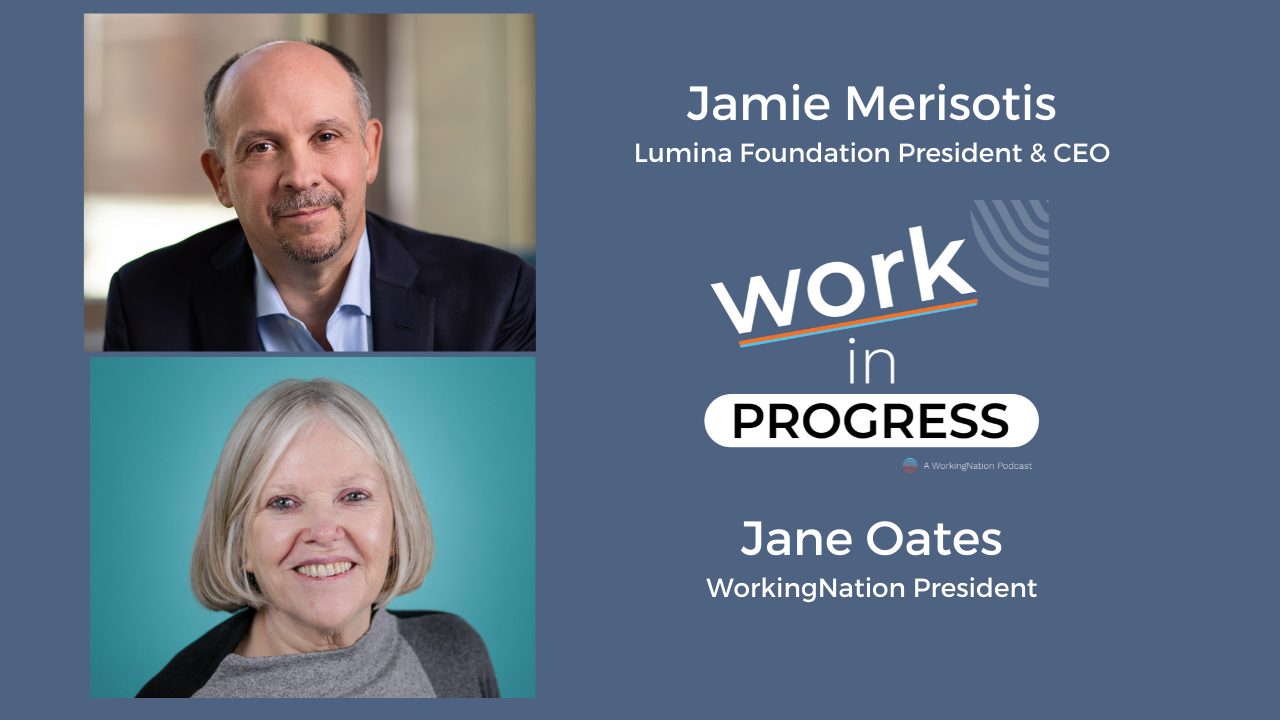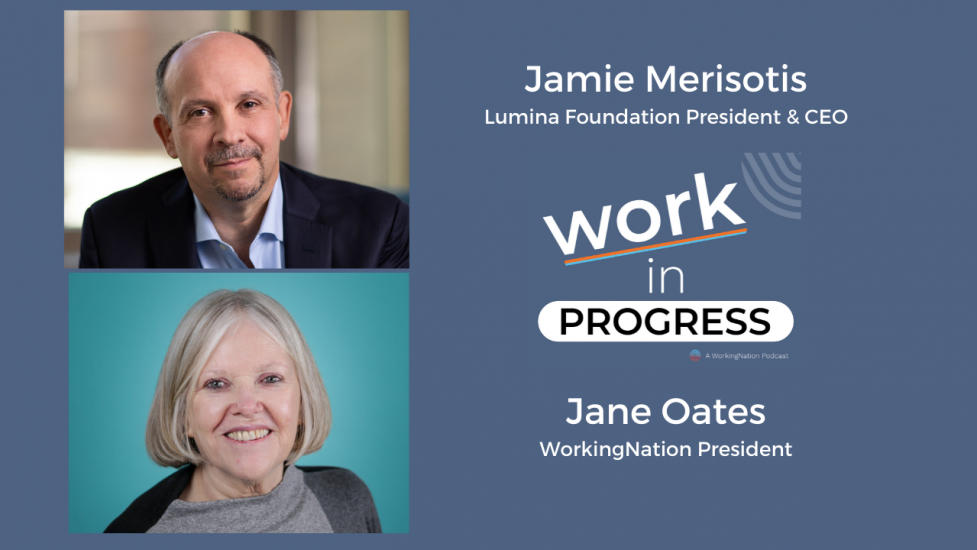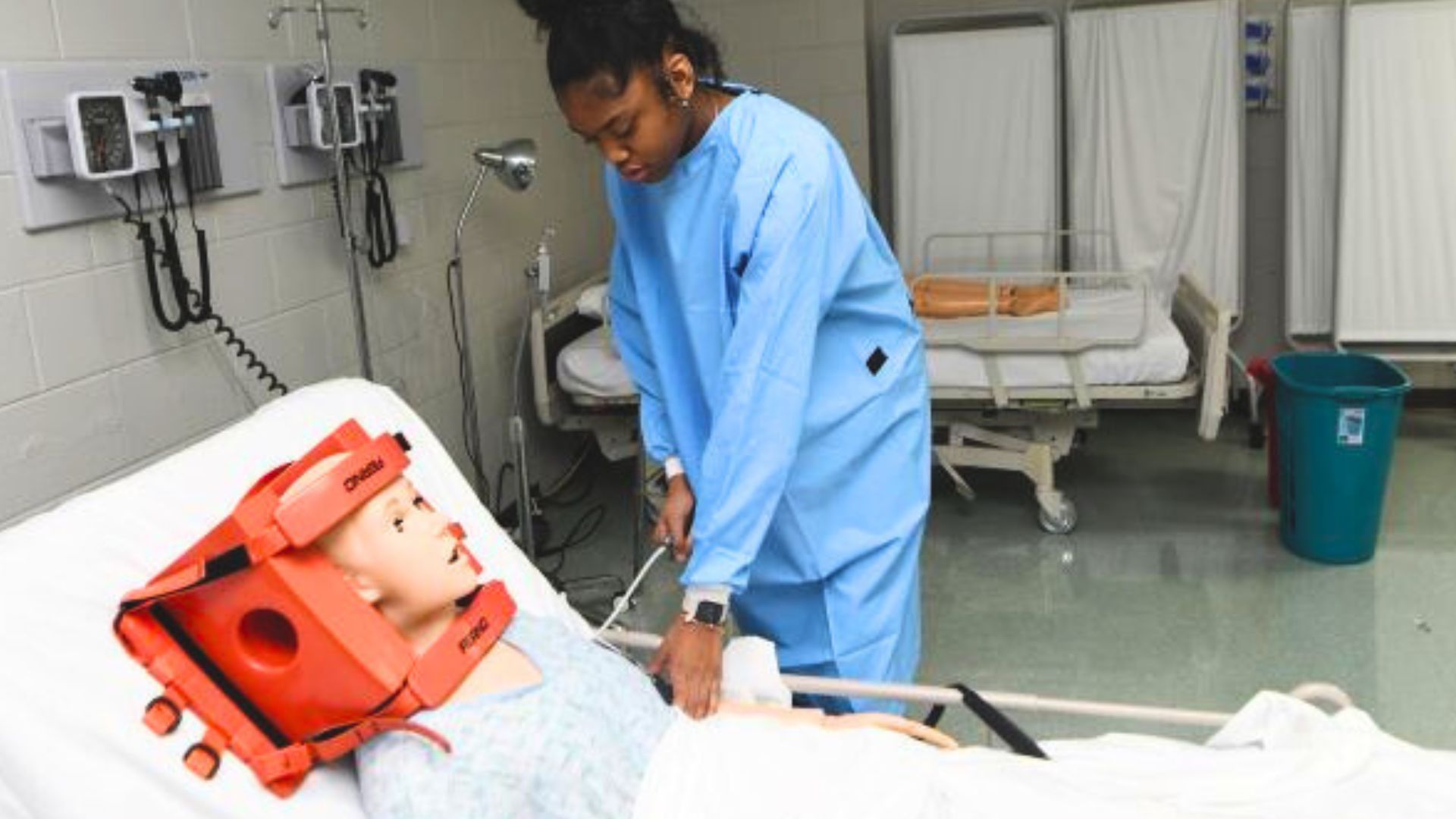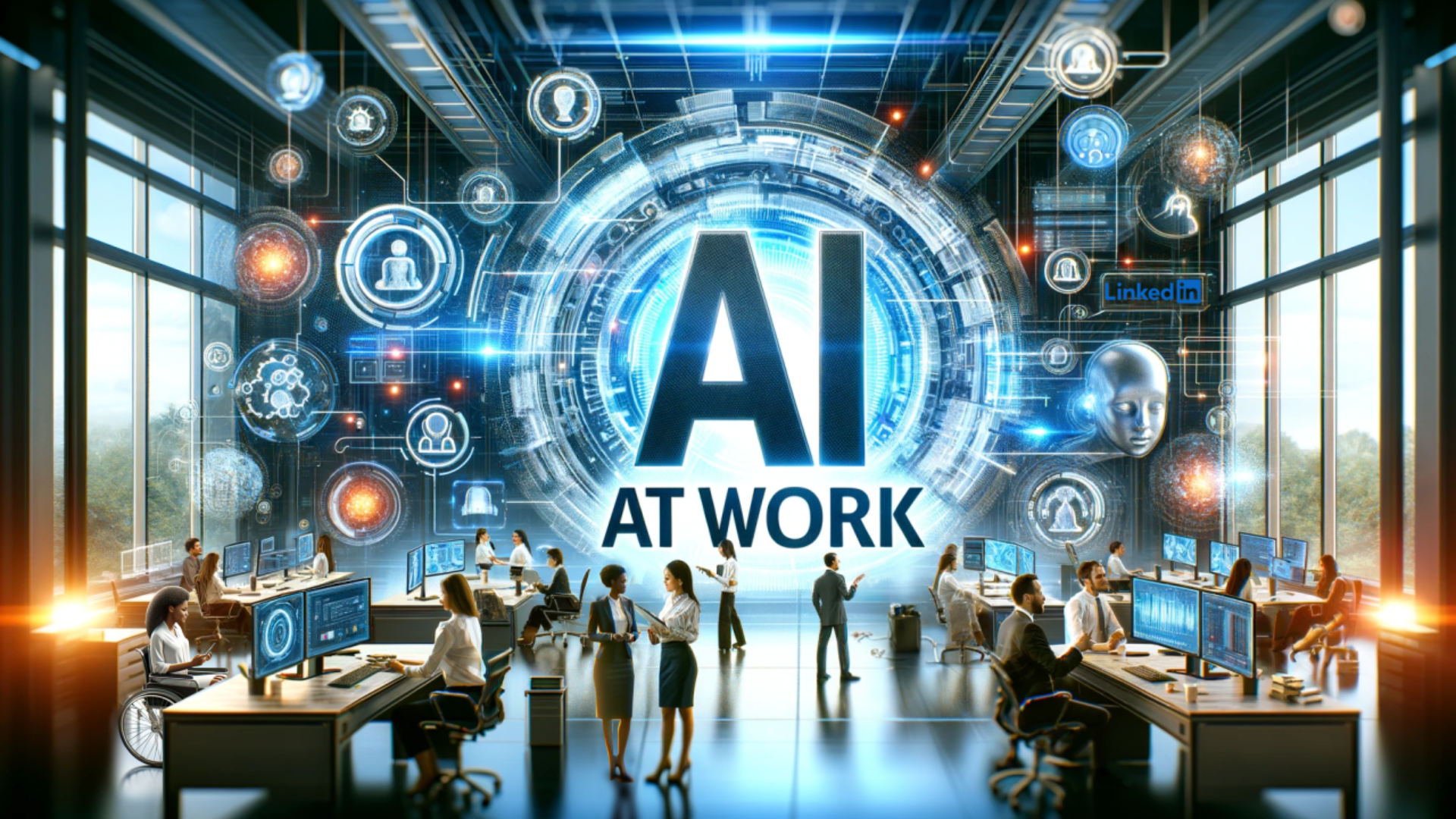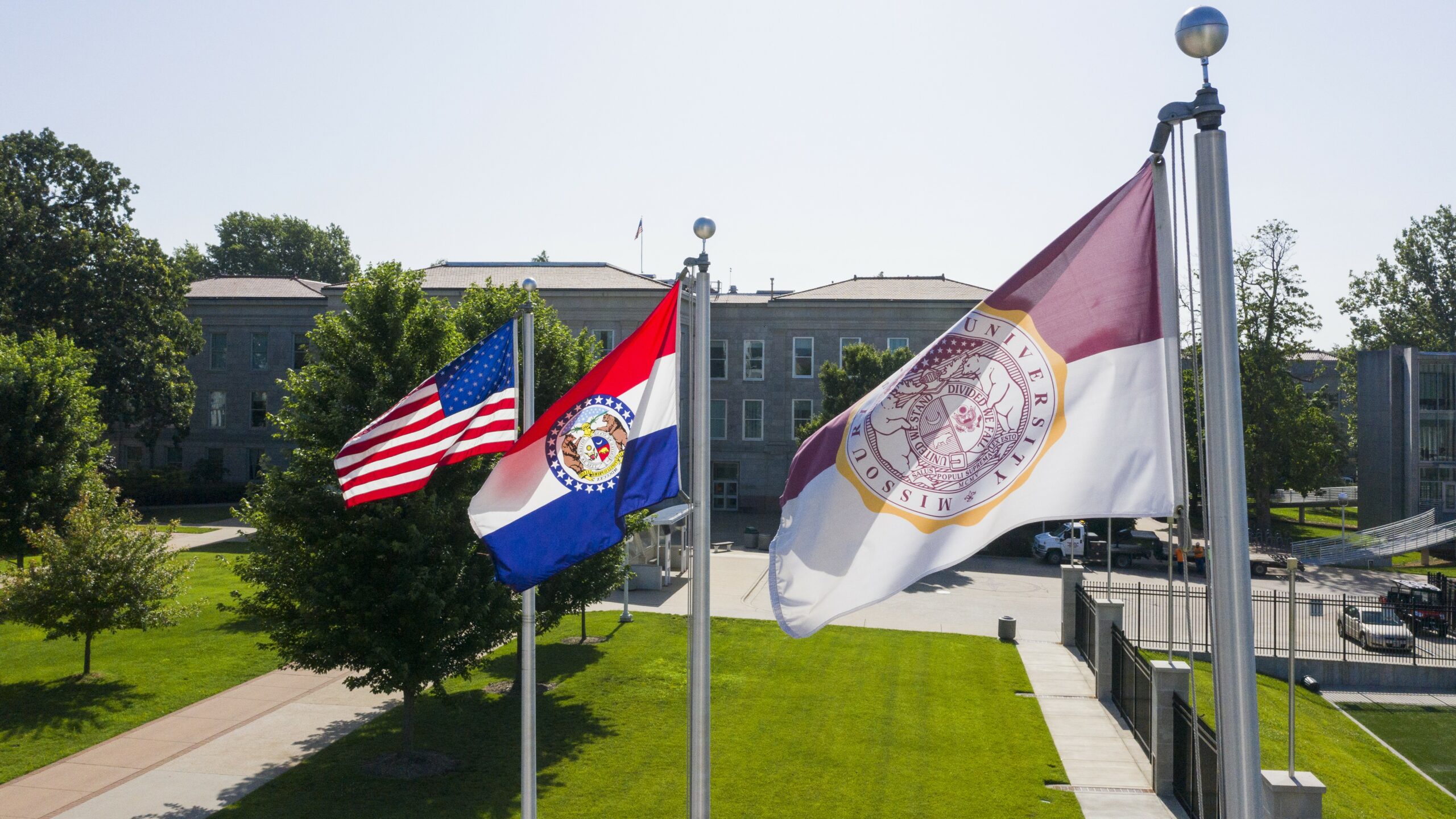Podcast: Play in new window | Download | Embed
Subscribe: Apple Podcasts | Google Podcasts | Spotify | Pandora | Youtube Music | RSS
It’s Global Skills Day 2021, a worldwide virtual gathering of hundreds of speakers from 25 countries—from nonprofits, educators, nonprofits, jobseekers, and more—all focused on creating strategies for learning crucial 21st Century skills in a post-pandemic world.
My guests today on this episode of Work in Progress podcast are two of the people I respect the most on the subject of the intersection of education, skills development, and work—Jamie Merisotis, president and CEO of Lumina Foundation and the closing keynote speaker at Global Skills Day 2021, and our own Jane Oates, president of WorkingNation.
The COVID-19 crisis exposed a lot of issues in the way we prepare our workforce—young or old—for the skills they need today to get a good-paying job. There are challenges, but there are opportunities.
Both Merisotis and Oates are in agreement—first off, we have to tear down the false divide between learning and work that has existed for so long.
“Learning and work have to be talked about as seamless parts of one whole. In other words, the intersection of learning and work is not something that you should be talking about in distinct sections. They have to come together…at this inflection point for society,” says Merisotis.
Merisotis adds that the pandemic may actually be an opportunity to reset the conversation, In particular, he says, we need to “talk about how the pandemic has accelerated some of the trends around how technology is changing both work and learning, about how, in fact, we need to focus more on equity when it comes to these issues of bringing work and learning together.”
“There’s a terrific concentration now, a drum beat on equity,” says Oates. “I also think it’s a business reality right now, that sense of urgency business has that feeling. It’s not just people in the communities of color, it’s not just women, it’s not just people looking for social justice.
She points out there is a gigantic need for talent in our economy right now with more than nine million jobs going unfilled. “People are saying, ‘We cannot find the talent that we need,’ and they’re reframing the conversation around skills.”
One of the questions being discussed today in the virtual gathering is how does a jobseeker signal to employers the skills they have, especially when not everyone agrees on what that signal should look like.
“The best way to demonstrate skills is with a credential,” says Merisotis. “The problem, I think, is that the people pushing back on the credentials are really pushing back on bachelor’s degrees. I think it’s that credential that they’re pushing back on.
“Most employers do not have the capacity of a Google or a PWC to assess skills in a way that they can do massive hiring in the way that large employers can. Most employers are small and medium-sized employers, they need to know that people know and can do certain things. And the workforce training certificate, the associate degree, whatever the credential is, is going to continue to be important.”
Oates and Merisotis say an important public policy discussion needs to be had around what’s behind those credentials and how do we know that people have actually gotten something out of it?
“If a credential doesn’t have a valid assessment—if you just get a piece of paper for being in a seat for amount of time—you don’t have the skills necessary for that job. And whether it’s a blue collar job or a white collar job, really doesn’t matter,” says Oates.
“I think where the bachelor’s degree has been important to employers is that it’s proof that you have an ability to persist and learn. It doesn’t necessarily talk about your specifics, unless you’re a nurse getting state licensed or a teacher getting state licensed about the specificity of your skills, but it gives you a very general look that this person can stick to it, do a two or four year degree and graduate,” she adds.
In the podcast, we also take a look at some of the challenges that jobseekers face in obtaining the skills they need, including the cost of education and access to broadband, as well as some of the solutions that are already being implemented. It’s a great conversation with two people who have spent their careers addressing these issues.
I invite you to listen to the full podcast here, or download it wherever you get your podcasts.
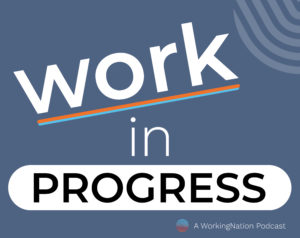
Episode 193: Jamie Merisotis, President & CEO, Lumina Foundation; Jane Oates, President, WorkingNation
Host & Executive Producer: Ramona Schindelheim, Editor-in-Chief, WorkingNation
Producer: Larry Buhl
Executive Producers: Joan Lynch and Melissa Panzer
Music: Composed by Lee Rosevere and licensed under CC by 4.0.
Download the transcript for this podcast here.
You can check out all the other podcasts at this link: Work in Progress podcasts

Read more about Global Skills Day 2021 here and follow the conversation on social media at #GlobalSkillsDay and #GSD21.

